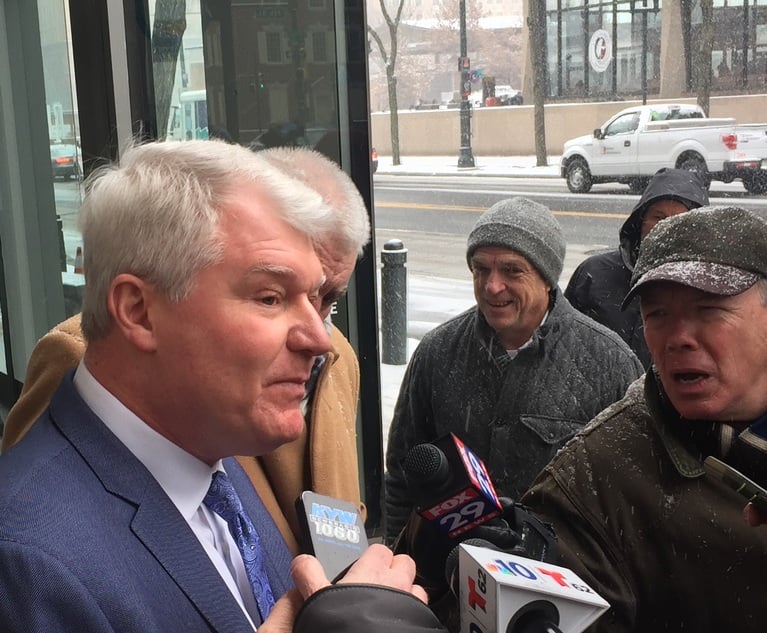Attorneys experience problematic drinking, drug use and mental health distress at a higher rate than other professionals. As the holiday season shifts into high gear, take a moment to check in on your mental and emotional well-being and—while you are at it—check up on your partners and colleagues also. It’s not just a good idea, it is also part of your obligation as an attorney. Whether an impaired attorney is in your firm, beside you as co-counsel on a case, or even opposing you in a matter, your awareness of that impairment implicates several of the Rules of Professional Conduct. In response to this issue, in October, the District of Columbia Bar issued Ethics Opinion 377. This opinion provides advice on how to address your ethical obligations when dealing with an attorney whose illness or addiction is negatively affecting the lawyer’s ability to provide competent and diligent representation.
As Opinion 377 recognizes at the outset, ethics rules are only one set of regulations that apply in the context of an employee or partner who is suffering from a mental or physical impairment; the Rules of Professional Conduct must also be viewed in the context of a substantive body of law governing privacy and other rights. Notwithstanding this substantive law, the opinion addresses three questions:
- What is the duty of partners or supervisory lawyers who believe that another lawyer is suffering from a significant impairment?
- When is an attorney required to report another attorney to the Disciplinary Board based on a perceived impairment?
- What duties does a firm have if a lawyer with a significant impairment leaves the firm?


 Ellen C. Brotman of BrotmanLaw.
Ellen C. Brotman of BrotmanLaw.




